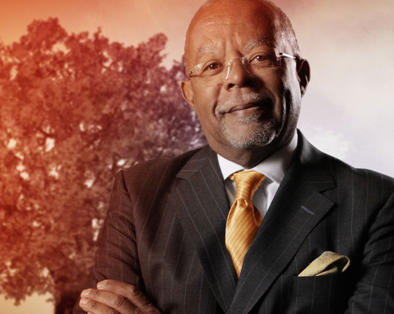
Section Branding
Header Content
Economics of Genealogy
Primary Content

Dr. Henry Louis Gates, Jr. is an impressive historian. He has managed to make ancestry and genealogy mainstream, hip, and important with his previous two biographical PBS programs African American Lives and Faces of America. His latest project is Finding Your Roots and airs tonight at 9pm on GPB. Each episode features a different grouping of celebrity guests who are linked in various ways through friendship, long-lost relatives, or even through a common ancestral past.
As a psychology major, this hits all of the right notes for exciting my love for learning about people and their lives and why they are who they have become. But, there are so many ways to use this series in the classroom beyond its entertainment value. Public Broadcasting in New York, WNET, offered webinars in how to use the series in the classroom.
In addition to the fun you could have in a psychology class using past evidence to diagnose illness and link family systems theory across generations, this series could be very beneficial for economics courses. Watch an episode as a class and then discuss implications of history, culture and choices on the economic outcome of individuals and family lines. This can help students see the relationship among those things and how they directly affect us over time. Using ancestry.com (frequently referenced during the series), use the month-long free trial to take it a step further. Assign students the job of researching their own ancestry and discovering the implications of history, culture, and choices in their own family history. If that is not practical for your class, you could just as easily select a well-researched public figure, such as one of our Presidents.
This type of exercise would directly align to the format suggested for instruction in Common Core, collaboration across subjects. Students will need to practice a variety of literacy skills, computer, written, reading comprehension, etc., as well as critical thinking and social studies when placing characters in context. In addition, it would also stimulate students beyond their textbooks. My memories of high school economics class are only of “read a chapter, do a worksheet” every single day. An exercise like this would have been so much more worthwhile… and fun. If only we had internet then!
Dr.





